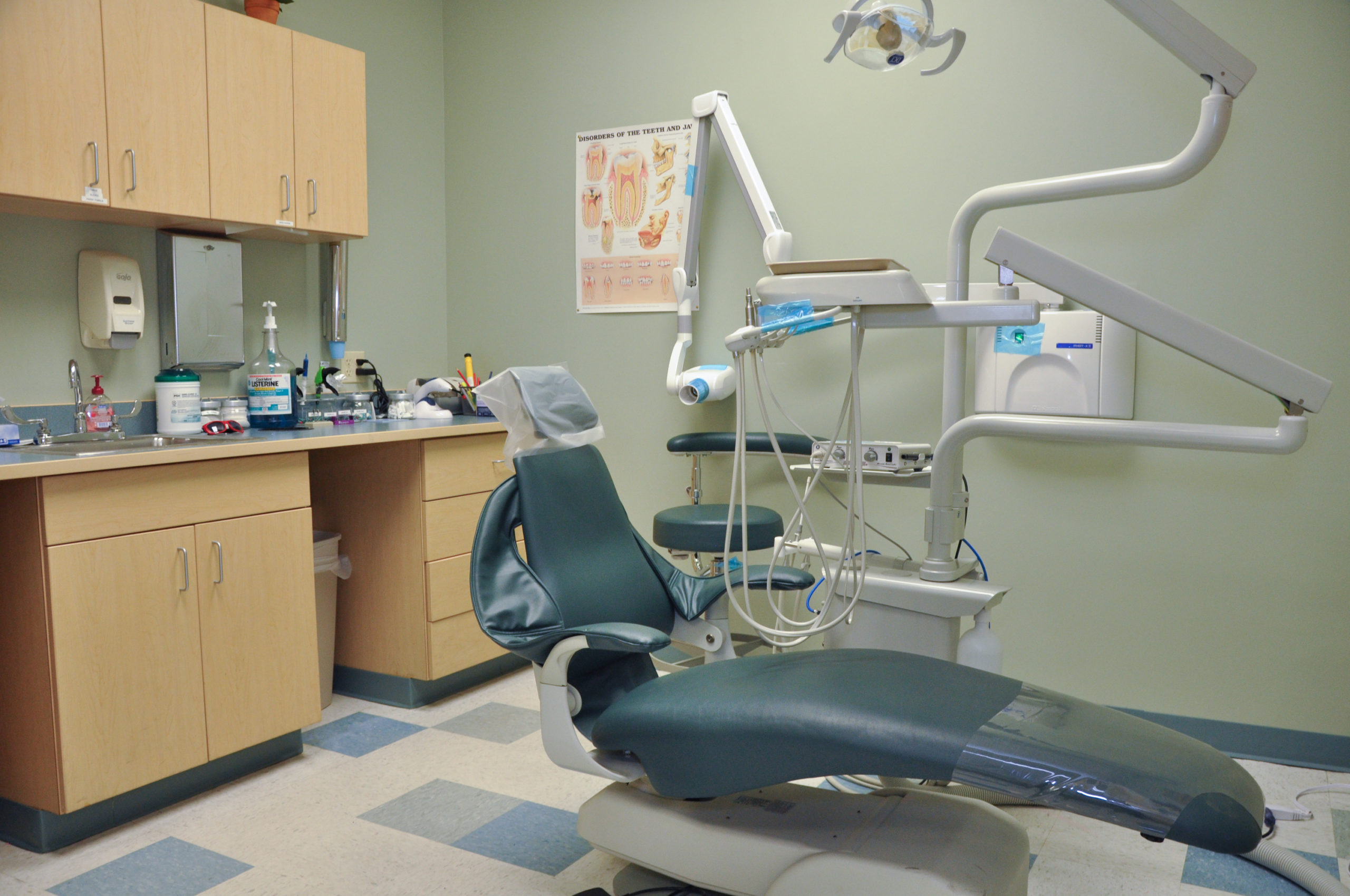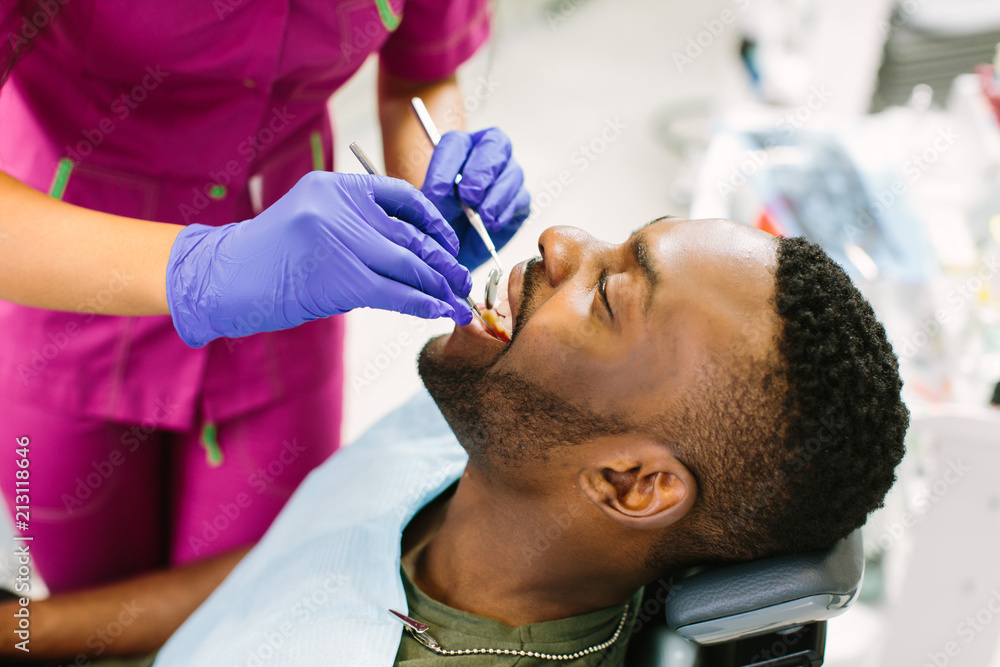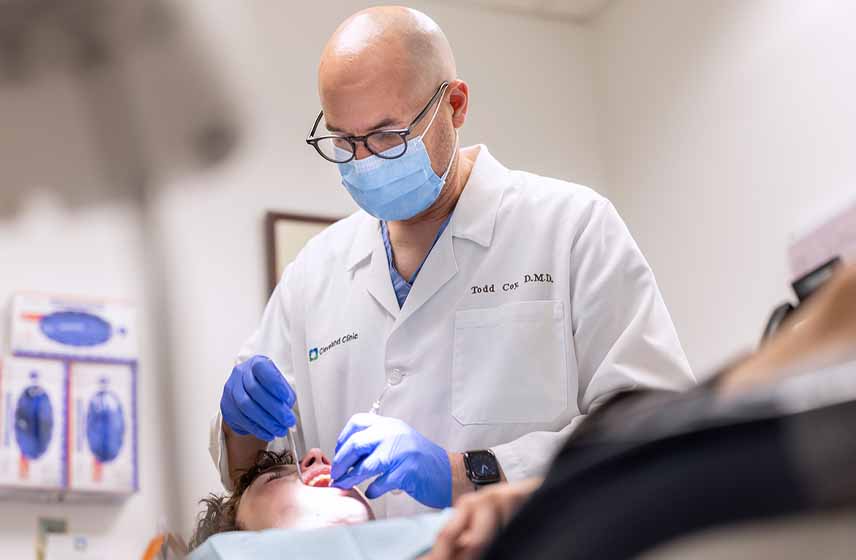Change Your Smile with Porcelain Veneers Washington DC for a Radiant Look
Change Your Smile with Porcelain Veneers Washington DC for a Radiant Look
Blog Article
Usual Questions Regarding Oral Veneers Answered
Oral veneers have come to be a progressively popular alternative for those looking to enhance their smiles, yet lots of individuals stay uncertain regarding various elements of their use. As we check out these common questions, it becomes crucial to think about not just the benefits yet also the effects of opting for oral veneers in search of a more certain look.
What Are Oral Veneers?
Dental veneers are slim, custom-made shells crafted from porcelain or composite material that are made to cover the front surface of teeth. These dental prosthetics offer both functional and aesthetic functions, providing a remedy for various dental imperfections, including staining, chips, voids, and misalignment. By sticking to the teeth, veneers can considerably boost the general appearance of a smile, developing a more consistent and attractive look.
Porcelain veneers are specifically favored for their all-natural translucency and tarnish resistance, making them an ideal selection for individuals looking for long-lasting results. In comparison, composite resin veneers are usually more economical and can be applied in a solitary go to, yet they may not use the same longevity as porcelain options.
The decision to choose for dental veneers commonly originates from a desire for visual renovation, but clients must additionally consider factors such as the longevity of the material, maintenance demands, and the prospective need for tooth reduction (Veneers). Ultimately, oral veneers represent a efficient and flexible option for accomplishing a radiant smile, accommodating private cosmetic needs while advertising self-confidence and self-worth
Just How Are Veneers Applied?
The application procedure for veneers calls for cautious planning and precision to ensure optimum outcomes. The treatment commonly starts with a detailed examination, where the dentist reviews the person's oral health, discusses wanted results, and identifies the suitable sort of veneers, whether porcelain or composite resin.
As soon as the therapy plan is established, the dental practitioner prepares the teeth by getting rid of a slim layer of enamel, normally concerning 0.5 mm to 1 mm, to fit the veneer. This step is crucial as it makes certain an appropriate fit and stops the veneers from appearing bulky - Veneers. After preparation, impacts of the teeth are required to produce personalized veneers that match the patient's unique oral structure and aesthetic preferences
While the permanent veneers are being produced in a dental lab, short-term veneers might be placed to protect the prepared teeth. As soon as the permanent veneers are prepared, the dentist will meticulously bond them to the teeth using a strong oral adhesive.
What Are the Benefits?

In addition, veneers are understood for their resilience and resistance to tarnishing compared to natural teeth. Made from top quality products such as porcelain or composite material, they can preserve their look for years with correct care. This durability makes them a practical financial investment in one's dental appearance.
Along with visual improvements, veneers can additionally add to enhanced oral wellness. By covering harmed or compromised teeth, they can supply added assistance and protection, aiding to protect against further decay or degeneration. This safety facet can lower the need for more comprehensive dental procedures in the future.

For How Long Do They Last?
With correct care and maintenance, oral veneers can last anywhere from 10 to 15 years, making them a long-lasting service for boosting one's smile. The longevity of veneers mainly relies on the material utilized, the top quality of the initial positioning, and the person's adherence to dental hygiene methods.
Porcelain veneers are recognized for their resilience and resistance to discoloration, commonly lasting closer to the 15-year mark when cared for properly. Compound veneers, while extra economical, might call for substitute quicker, commonly within 5 to one decade as a result of their vulnerability to use and staining.

Additionally, using a mouthguard throughout sports or nighttime can supply extra security. Ultimately, while veneers use a considerable visual improvement, their longevity is considerably affected by the dedication to proper oral treatment and regular appointments with a dental expert.
Exist Any Risks?
Thinking about the transformative results of dental veneers, it is essential to recognize the potential risks connected with their application. While veneers can enhance the appearance of teeth, the procedure involves the removal of a slim layer useful site of enamel, which can boost tooth level of sensitivity and susceptability to decay.
One significant risk is the possibility of incorrect placement or fitting, causing pain, bite imbalance, and even damages to the underlying tooth framework. Additionally, if the veneers are not maintained appropriately, they can end up being tarnished or broken gradually, requiring replacement.
Clients may also experience allergies to the products made use of in the linked here veneers, especially if they have sensitivities to specific dental compounds. While veneers are long lasting, they are not indestructible; excessive pressure from clinching or grinding can lead to fractures.
It is essential for people to seek advice from a qualified oral expert to assess their individual threats and to comply with aftercare instructions diligently. By recognizing these dangers, patients can make enlightened decisions concerning their oral veneer treatment and make sure the durability and success of their improvements.
Final Thought
In summary, oral veneers stand for a beneficial cosmetic option for enhancing smiles, with factors to consider regarding their application, benefits, durability, and linked risks. Eventually, educated decision-making regarding dental veneers can lead to sufficient aesthetic outcomes and enhanced oral wellness.
Oral veneers are thin, customized coverings crafted from porcelain or composite material that are made to cover the front surface of teeth. After preparation, impressions of the teeth are taken to produce custom-made veneers that match the person's unique dental structure and aesthetic preferences.
While the long-term veneers are being produced in an oral research laboratory, temporary veneers may be placed to protect the prepared teeth. Once the permanent veneers are prepared, the dentist will carefully bond them to the teeth utilizing a strong dental adhesive. Ultimately, informed decision-making concerning dental veneers can lead to satisfying aesthetic results and enhanced dental health.
Report this page